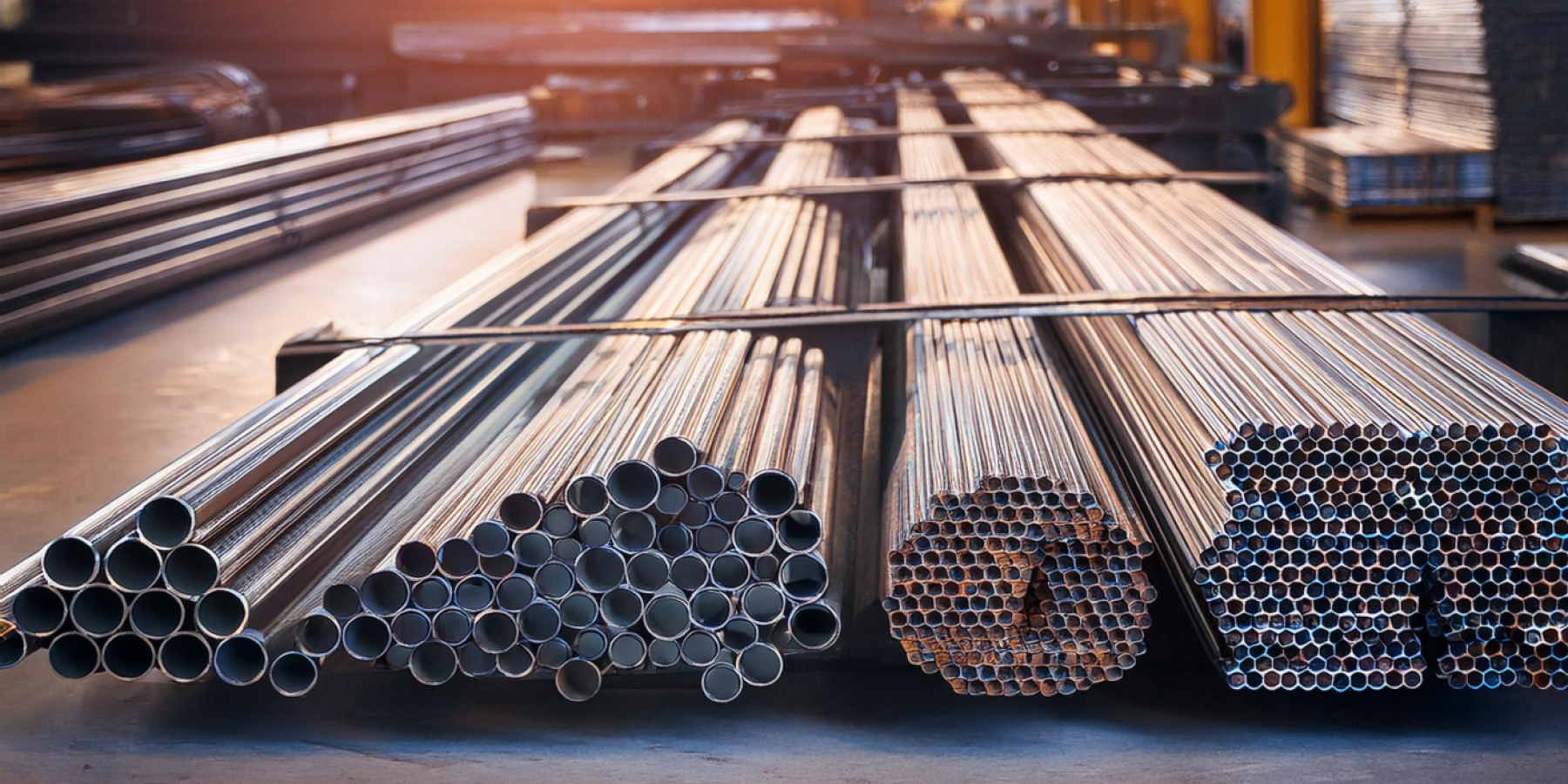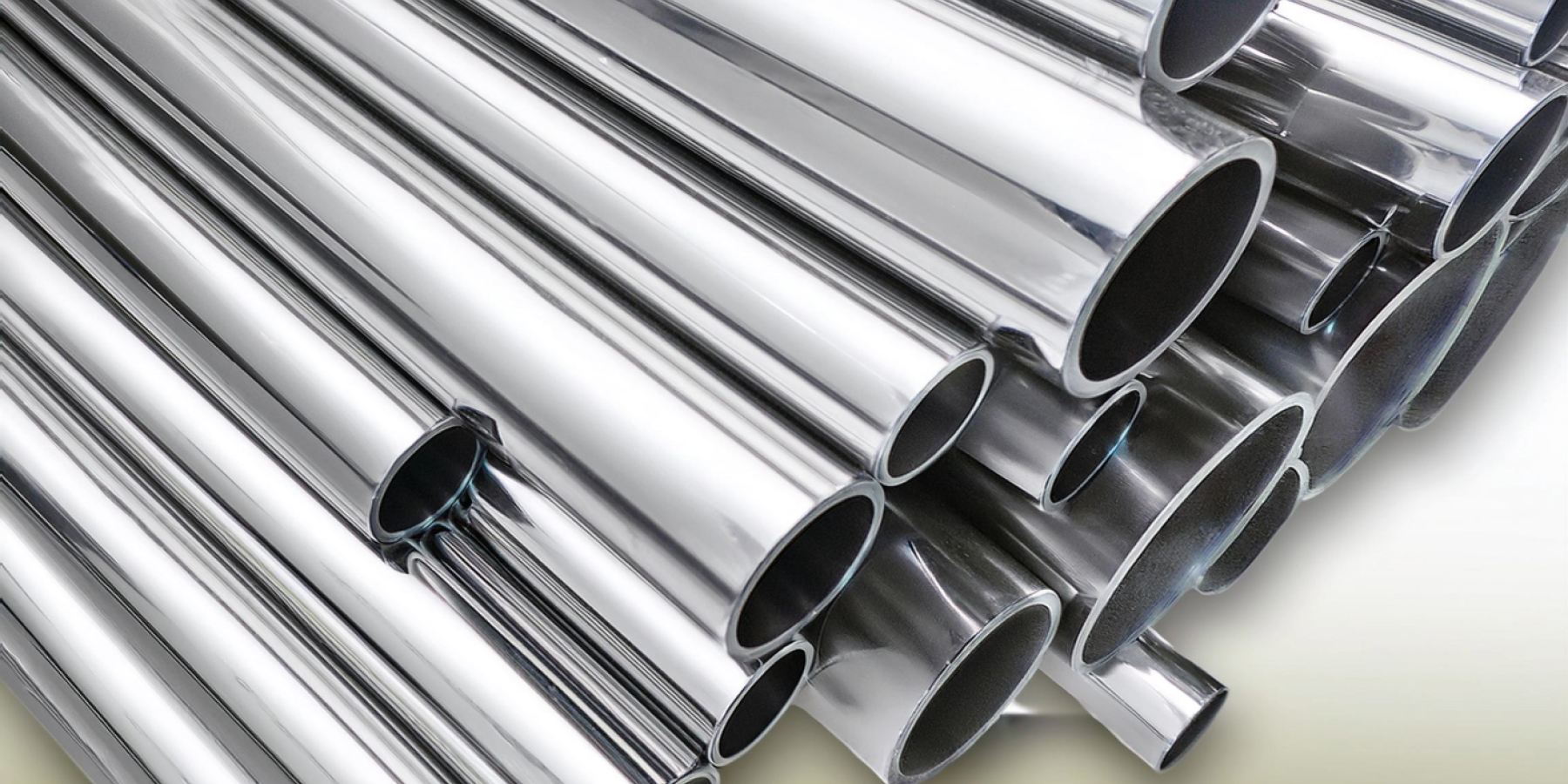Nickel Alloy Manufacturer
- Home
- Nickel Alloy Manufacturer
Nickel alloys are composed of nickel as the primary element, along with other elements such as copper, chromium, iron, and molybdenum. These alloys exhibit excellent corrosion resistance, high strength, and good thermal and electrical conductivity.
Nickel alloys have a wide range of uses, including in aerospace, chemical processing, nuclear power generation, and medical equipment. In aerospace applications, nickel alloys are used for their high strength and resistance to high temperatures and corrosion. In chemical processing and nuclear power generation, nickel alloys are used for their resistance to corrosion and oxidation.
Nickel alloys are also used in medical equipment due to their biocompatibility and resistance to corrosion in the body. They are used in prosthetics, dental implants, and surgical instruments, among other applications.
Om Steel metal manufacturers produce a variety of nickel alloys, including Inconel, Monel, Hastelloy, and Alloy 20. These alloys have specific compositions and properties that make them suitable for different applications. With expertise in producing high-quality nickel alloys, Om Steel metal manufacturers can provide tailored solutions for customers’ unique requirements.
Properties of Nickel Alloy
Corrosion resistance
High strength
Good thermal conductivity
Good electrical conductivity
Resistance to high temperatures
Resistance to wear and tear
Some nickel alloys have excellent wear and tear resistance, making them suitable for use in applications where there is a lot of friction and wear, such as in pump components.
Continue Reading on Similar Topics:
Nickel Alloy Grades & Features
| Grade | Features |
|---|---|
| Inconel 600 | High temperature resistance, excellent oxidation and corrosion resistance |
| Inconel 625 | Excellent resistance to pitting, crevice corrosion and high-temperature oxidation |
| Monel 400 | Good ductility, excellent corrosion resistance, and high strength |
| Monel K500 | Excellent resistance to stress corrosion cracking and high-temperature oxidation |
| Hastelloy C276 | Excellent corrosion resistance in harsh environments, good ductility and toughness |
| Alloy 20 | Excellent resistance to corrosion and sulfuric acid, good mechanical properties |
Physical Properties of Nickel Alloy
| Property | Value |
|---|---|
| Density | 7.85-9.2 g/cm³ |
| Melting point | 1,260-1,455°C |
| Coefficient of thermal expansion | 12.3-13.3 × 10^-6/°C |
| Thermal conductivity | 7.7-21.8 W/mK |
| Electrical conductivity | 2.2-21.9 MS/m |
Mechanical Properties of Nickel Alloy
| Property | Value |
|---|---|
| Tensile strength | 390-1,320 MPa |
| Yield strength | 105-1,150 MPa |
| Elongation at break | 10-60% |
| Modulus of elasticity | 173-211 GPa |
| Hardness (Rockwell) | 30-92 |
Industrial Application of Nickel Alloy
Defence & Aerospace
Defence & Aerospace
Oil/Gas
Oil/Gas
Speciality Valves & Vacuum
Speciality Valves & Vacuum
Precision Components
Precision Components
Explore Our Nickel Alloy products
FAQ
Nickel alloy is produced by blending nickel with other metals, including copper, titanium, iron, aluminum, and chromium. These alloys are utilized in the production of various products across numerous industries, with roughly 3,000 nickel-based alloys currently in use. A significant portion of newly sold nickel is utilized in the creation of alloys, with stainless steel being the most common type, accounting for around two-thirds of new nickel alloys manufactured.
Nickel alloy costs approximately ₹ 2,490/Kg*. Contact us to know more about Nickel Alloy.
Nickel alloys are used in a variety of industries due to their excellent properties, such as high strength, corrosion resistance, and heat resistance. One of the primary uses of nickel alloys is in the aerospace and aviation industries, where they are used in engines and other high-temperature applications.
Compared to materials like steel or aluminum, the most notable benefit of nickel alloy is its exceptional resistance to corrosion, making it an ideal option for environments that contain corrosive substances such as acid, alkali, or salt.











